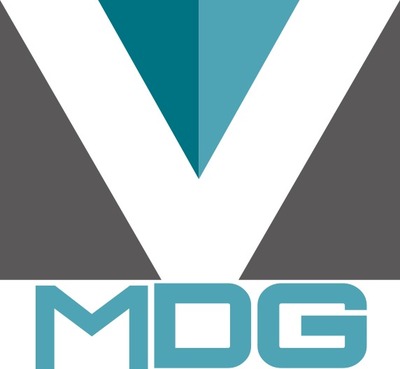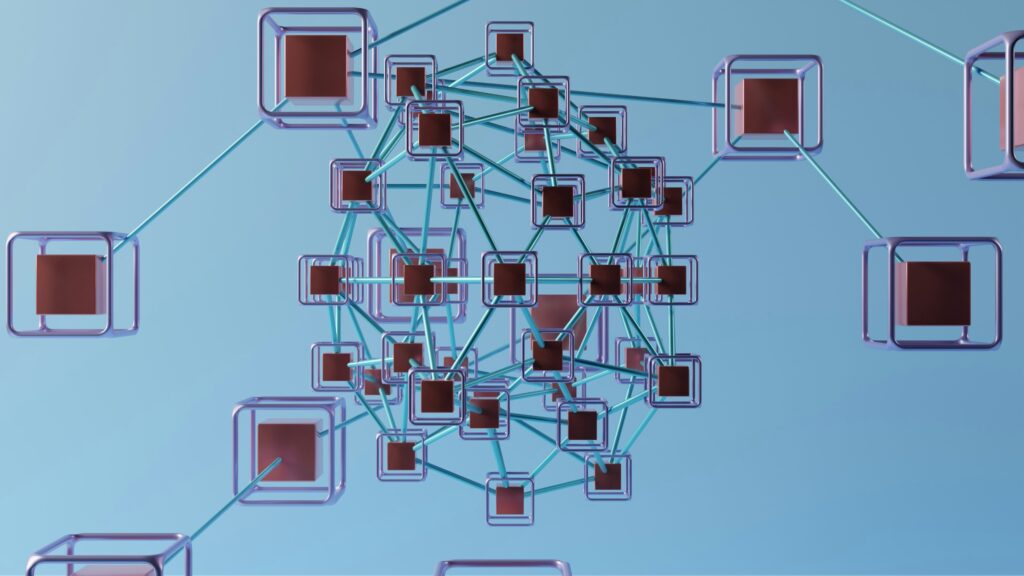Recently, I ran a quick poll on LinkedIn asking what folks believe is the most critical factor for success in winning new business in professional services: personal network, company brand, technical expertise, or other. With only three responses, it’s a tiny sample and not statistically valid. But it sparked some reflection on my own journey. From my experience launching and growing in the engineering services field, I’ve come to see that a strong personal network often edges out the others. Let me unpack why, drawing on real-world insights from engineering consulting, where trusted colleagues become lifelines for advice, expertise sharing, and even staffing solutions.
In engineering services, projects rarely happen in isolation. Consultants frequently face complex challenges that require specialized knowledge beyond their core team—think structural analysis for a bridge retrofit or environmental impact assessments for infrastructure projects. Here, a personal network shines as a conduit for collaboration. For instance, I’ve leaned on former colleagues to tap into their niche expertise, turning potential roadblocks into seamless integrations. I have been amazed by the level of support out there. This isn’t just anecdotal; as noted in consulting engineering resources, professional networks are vital for introducing new clients and facilitating those “next great career moves” or subcontracting opportunities that keep firms agile.
Beyond advice, networks enable practical staffing and subcontracting. In a field where project timelines are tight and talent shortages are familiar (hello, skilled civil engineers!), knowing trusted peers means you can quickly staff up via referrals or form alliances with other firms. I’ve secured subcontracting agreements through contacts who vouched for my reliability, bypassing lengthy RFP processes. This relational approach builds trust faster than a glossy company brand ever could—after all, clients hire people, not logos. Technical expertise is foundational, sure, but without a network to amplify it, you’re limited to solo efforts.
Industry voices echo this. A piece on networking for consultants emphasizes that it’s where you “market yourself” while staying attuned to market shifts, which are crucial in engineering, where regulations and tech evolve rapidly. (https://medium.com/%40maria.corby03/why-networking-is-important-for-consultants-w1-f84bedf84fc1)
Similarly, for technical pros like engineers, networks provide access to business opportunities and insights that directly fuel growth. (https://www.csemag.com/networking-for-technical-professionals-in-five-simple-steps/)
In my view, investing in relationships—through events, alum groups, or even casual check-ins—pays dividends far beyond what brand marketing or solo skill-building can achieve. So, if you’re in engineering services, nurture those connections. They might be the key to your successive big wins. What are your thoughts—has your network opened doors for you?


